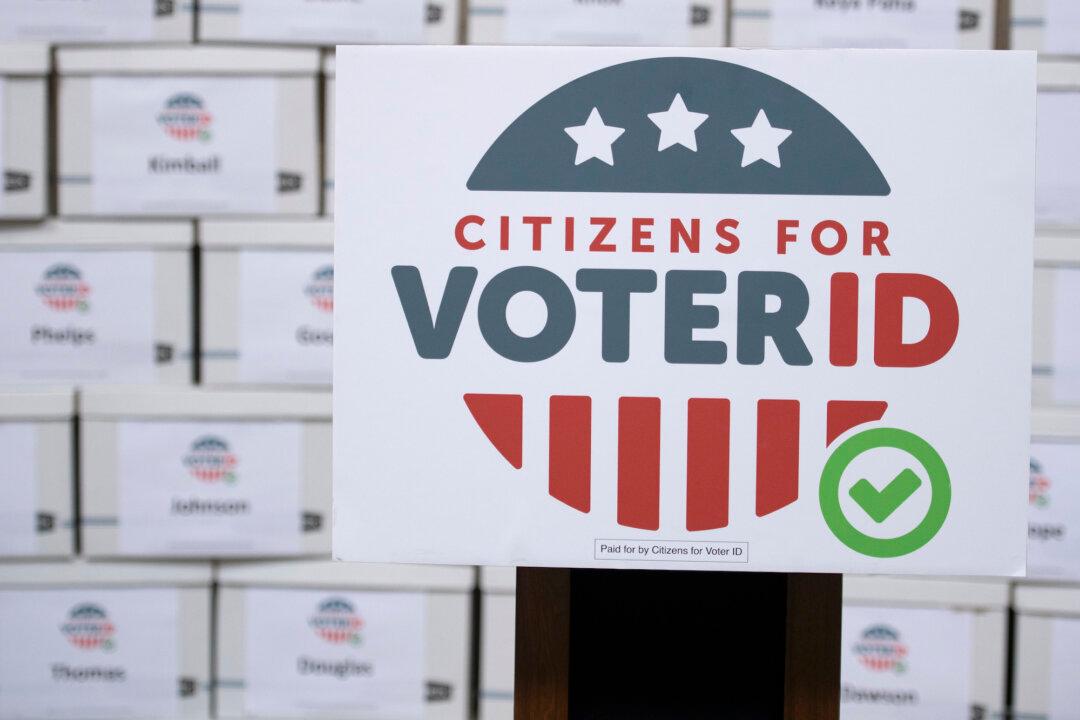Nebraskans have approved a new voter photo identification requirement for future elections, handing a win to Republicans who for years have tried to get the election integrity measure passed in the state’s legislature but met with opposition.
Called Nebraska Initiative 432, the measure was on the ballot in the midterm election as a proposal to amend the state’s constitution to require valid photo identification to cast a legal vote.





